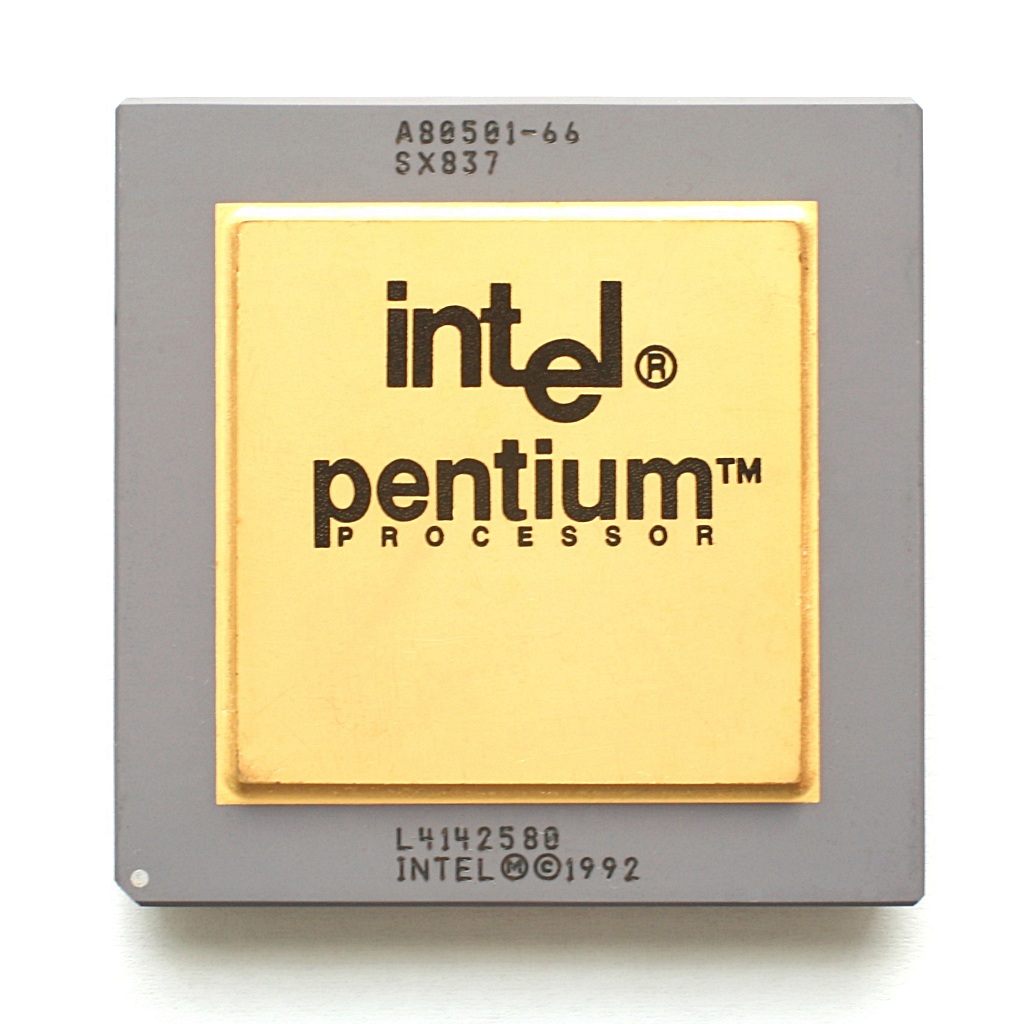Anyone familiar with the philosophical literature on representation is familiar with the notion of misrepresentation. The standard view is that any robust notion of representation must make it possible to have misrepresentation. If something cannot misrepresent, it does not represent at all. At least not in the most interesting and robust sense.
By contrast, as far as I know I was the first person to bring up the issue of miscomputation in the philosophical literature. The issue seems to me entirely analogous–though not the same.
For example, consider the famous bug in the Intel P5 Pentium floating point unit. It was a big problem for Intel, which eventually led to the processor’s recall. Why? Because it caused miscomputations! Miscomputation is very important to avoid and very costly if it’s not avoided. An adequate account of physical computation should make sense of that.
But none of the traditional accounts of physical computation so much as raise the issue of miscomputation, what it is, and how to make room for it within an account of physical computation.
The mapping account has few if any resources to make sense of miscomputation. For no matter what happens to a physical system, there is also some mapping or other from a computational description to that physical system.
The semantic account doesn’t do much better, even though the semantic account can appeal to misrepresentation. But miscomputation is not the same as misrepresentation. A system can compute perfectly correctly while manipulating misrepresentations. And a system can perform miscomputations that lead to correct representations. So there is no obvious way to explain miscomputation in terms of misrepresentation.
By contrast, the mechanistic account makes good sense of miscomputation. Some miscomputations are malfunctions of the system. Other kinds of miscomputation are due to mistakes made by the designer, programmer, or user of a system.
Miscomputation is another place where the mechanistic account is more adequate than previous accounts of physical computation.


“By contrast, as far as I know I was the first person to bring up the issue of miscomputation in the philosophical literature.”
How does the issue of miscomputation differ from Kripke’s discussing of rule following in his book on Wittgenstein on Rules and Private Language?
Great question, Ken. Kripke is talking about people following rules. Miscomputation is about brains and artificial computers following rules. Many philosophers think those are radically different phenomena and some even think it’s a category mistake to say that an artificial digital computer follows a rule. I think there is a connection worth exploring between the two phenomena. There are probably some good papers waiting to be written about this.
Misrepresentation is philosophically interesting because it delineates true representations from causal correlations. Miscomputation in the sense that use it, seems to be a simple matter of control. The deterministic powers of the CPU requires a carefully designed system and for it to be completely controlled and isolated. When the system suffers an interference, beyond some threshold, those properties are compromised and the system no longer function in the expected way.
Thanks for your comment, Djez. You identify one kind of miscomputation. There are others. And making room for them should be part of any adequate account of computation.